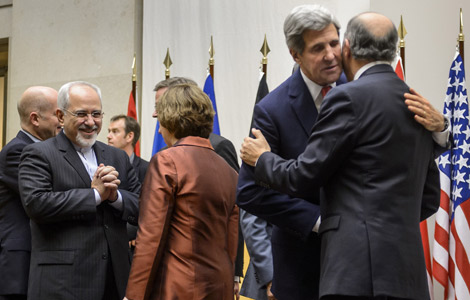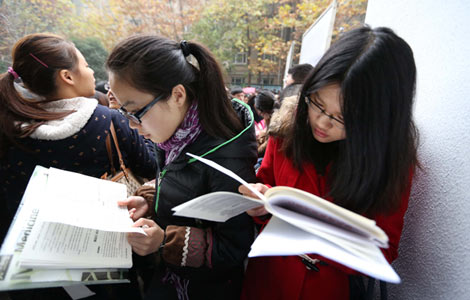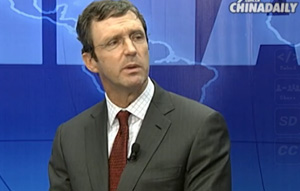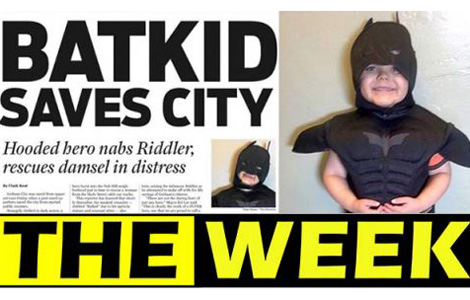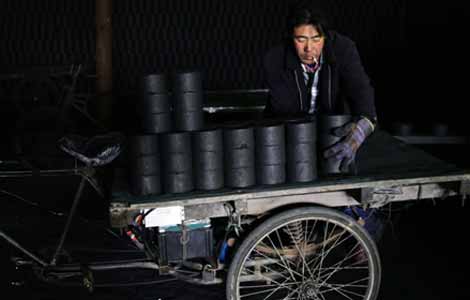Obama: Nuclear deal blocks Iran's path to bomb
Updated: 2013-11-24 23:51
(Agencies)
|
||||||||
The deal marks a milestone between the two countries, which broke diplomatic ties 34 years ago when Iran's Islamic revolution climaxed in the storming of the US Embassy in Tehran. Since then, relations between the two countries had been frigid to hostile.
Although the deal lowered tensions between the two countries, friction points remain — notably Iran's support of the Syrian regime of Bashar Assad. The United States also has said Iran supports terrorism throughout the region and commits widespread human rights violations.
The Geneva negotiations followed secret face-to-face talks between the US and Iran over the past year, The Associated Press has learned. The discussions, held in the Persian Gulf nation of Oman and elsewhere, were kept hidden even from America's closest allies, including its negotiating partners and Israel, until two months ago.
A White House statement said the deal limits Iran's existing stockpiles of enriched uranium, which can be turned into the fissile core of nuclear arms.
The statement also said the accord curbs the number and capabilities of the centrifuges used to enrich and limits Iran ability to "produce weapons-grade plutonium" from a reactor in the advanced stages of construction.
The statement also said Iran's nuclear program will be subject to "increased transparency and intrusive monitoring."
"Taken together, these first step measures will help prevent Iran from using the cover of negotiations to continue advancing its nuclear program as we seek to negotiate a long-term, comprehensive solution that addresses all of the international community's concerns," said the statement.
Since it was revealed in 2003, Iran's enrichment program has grown from a few dozen enriching centrifuges to more than 18,000 installed and more than 10,000 operating. The machines have produced tons of low-enriched uranium, which can be turned into weapons grade material.
Iran also has stockpiled almost 200 kilograms (440 pounds) of higher-enriched uranium in a form that can be converted more quickly to fissile warhead material than the low-enriched uranium. Its supply is nearly enough for one bomb.
In return for Iran's nuclear curbs, the White House statement promised "limited, temporary, targeted, and reversible (sanctions) relief" to Iran, noting that "the key oil, banking, and financial sanctions architecture, remains in place." And it said any limited sanctions relief will be revoked and new penalties enacted if Iran fails to meet its commitments.
Kerry said the relief offered would give Iran access to $4.2 billion from oil sales. Approximately $1.5 billion more would come from imports of gold and other precious metals, petrochemical exports and Iran's auto sector, as well as easier access to "humanitarian transactions."
"The core sanctions architecture ... remains firmly in place through these six months, including with respect to oil and financial services," Kerry said. He said those sanctions will result in more than $25 billion in lost oil revenues over six months.
Those conditions are being highlighted by the U.S. administration in its efforts to demonstrate that Iran is still in pain. The administration has urged Congress to hold off on any new sanctions and give the accord a chance to prove its worth.
But one influential member of Congress was quick to criticize the deal.
Rep. Ed Royce, the Republican chairman of the House Foreign Affairs Committee, expressed "serious concerns," saying the United States was "relieving Iran of the sanctions pressure built up over years," while allowing Tehran to "keep the key elements of its nuclear weapons-making capacity."
Obama hailed the deal as putting "substantial limitations" on a nuclear program that the United States and its allies fear could be turned to nuclear weapons use.
"While today's announcement is just a first step, it achieves a great deal," Obama said. "For the first time in nearly a decade, we have halted the progress of the Iranian nuclear program, and key parts of the program will be rolled back."
Iran's currency, the rial, got a small boost after news of the deal, strengthening to about 29,000 rials against the U.S. dollar, compared with about 29,950 in recent days.
Most Viewed
Editor's Picks

|

|

|

|

|

|
Today's Top News
Deal reached in Iranian nuclear talks
Getting to know Tianjin
Pactera regains some momentum
Tricky Business: Catering to Chinese viewers is Hollywood hurdle
Xi urges safety check after blasts
Qingdao continues recovery
City starts loosing one-child policy
New air zone in line with practice
US Weekly

|

|
